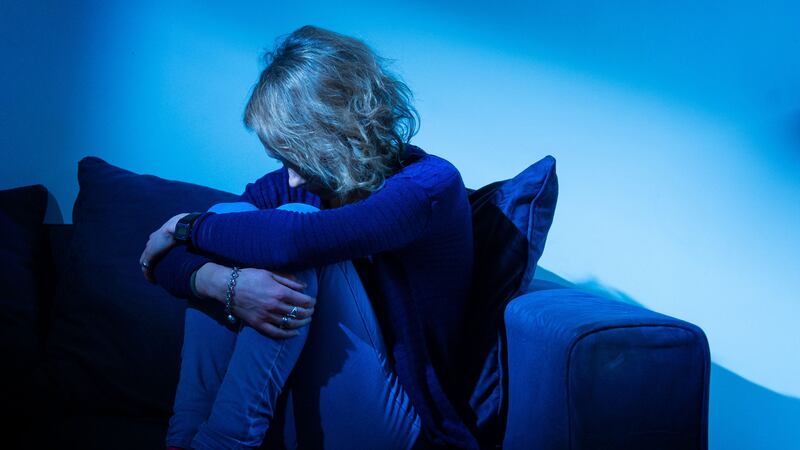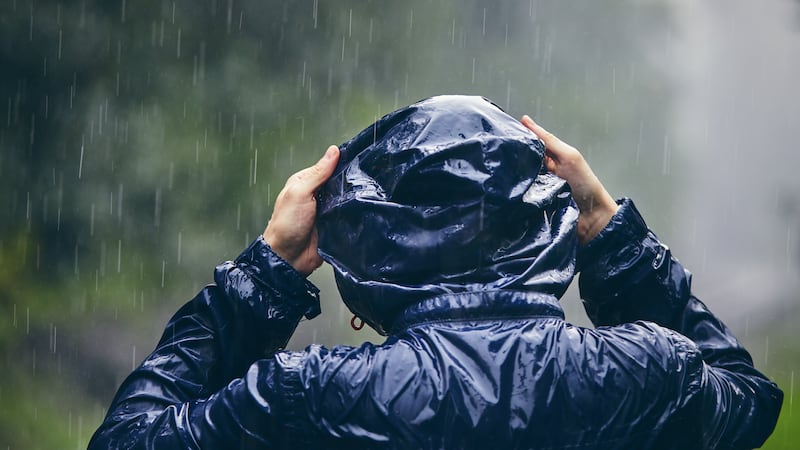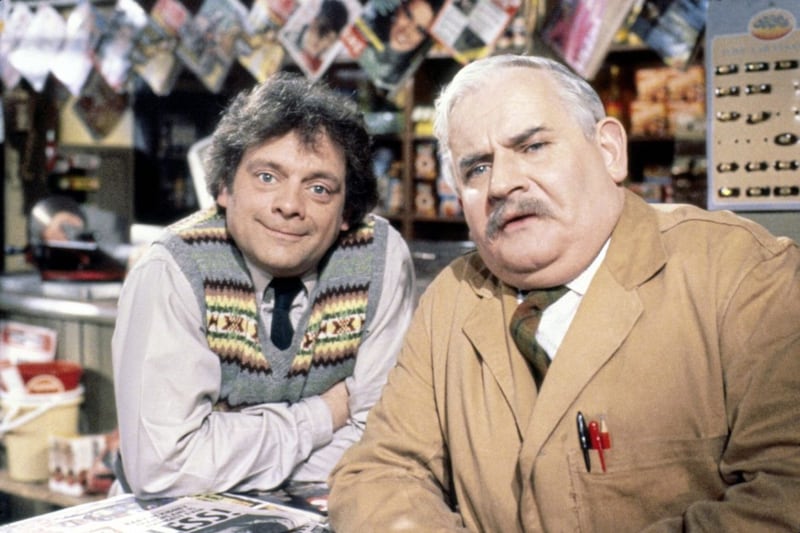STRESS is affecting women’s lives to an extent unheard of in any previous generation.
Science is telling us that stress induces ill-health, exacerbates eyesight and hearing problems, memory loss, premature senility and shortens our lives.
Not a lot of point then in spending a fortune on cosmetics, creams and serums to defeat the seven signs of ageing.
Apparently, stress attacks gene particles called ‘telemeres’, unravelling and shortening them, causing cells to malfunction or die, resulting in greying hair, wrinkled skin and loss of muscle tone.
I really don’t need to hear this, since it only intensifies my existing stress, but it’s interesting to note there’s some vestige of truth in the term, “My nerve-ends are frazzled!”
The trouble with my generation, now frontline warriors against Mother Nature and Father Time, is we know far too much of the wrong kind of information and have far too easy access to it.
This is the media’s fault. Our stellar contemporaries on-screen are enviably liposucked, dermabrased, gastro-banded and botoxed into svelte and expressionless immobility.
Newspapers and periodicals bombard us with quasi-medical features, some alarmist, some absurdist and many misleading.
A certain tabloid publishes a weekly ‘health supplement’, focusing on medical mishaps, miracles, mis-diagnoses, nick-of-time surgical interventions, near-death experiences and every complication and syndrome known to medical science.
Studying these white-knuckle accounts is my secret vice, my stomach hollow with dread, my nerves a-jangle.
Fanfares of hope, e.g. ‘a daily pill halves levels of bad cholesterol’ peters out in ‘this pill is several years away from entering the market’.
Attention-grabbing headlines like ‘being happily married can ease the pain of arthritis’ – assert that those with the support of a loving spouse report less pain and better mobility than the single or unhappily hitched.
Can they scientifically measure marital contentment? Not a week goes by without my putting the frighteners on myself.
Example: I cannot sleep in pitch darkness. Now I read, ‘A nightlight however dim, disrupts the natural light/dark cycle and may affect the structure of the brain raising the odds of depression.
Night-time light is also linked with weight gain.’ (I sleep in Wembley Stadium-strength floodlight.) Only in the last line of the article is it revealed the study’s been conducted on rats. In every feature the weasel words ‘can improve’, ‘may help’, ‘could contribute to’, deceive the reader into presumption of fact.
Any doctor will tell you the curse of consultation is the internet-trawling patient whose visit is merely to have their own diagnosis confirmed.
That, or the one who begins: “My friend Renee thinks I have a hiatus hernia.”
And too much of even the correct information can fuel the fires of hypochondria that illumine the dark night of the soul as you count every hour on the clock and catalogue an endless series of worst-case scenarios.
How did people manage who never had their liver function tested or knew what their cholesterol level or haemoglobin count was?
Did they lie listening like I do, to their nightly organ recital, worrying about the malfunction of which one would carry them off?
Do modern women honestly suffer greater stress than their female forebears who lived through war, famine, epidemic and privation and simply got on with the business of living because stress had no name or identity? We have choice. They had none.
As fast as one claim is made, another’s discredited. Glucosamine for joint pain is ineffective; five fruit and vegetable portions a day make little impact on general health; there are no such things as ‘super foods’, are but three myths lately demolished.
But here’s one to lighten the hearts of the laydeez. And protect them too. A couple of glasses of wine a day in mid-life ‘could’ (note the parenthesis) make women healthier in old age.
A Harvard (the very name inspires confidence) medic studied some 58 year-old women wine drinkers and found they had a 28 per cent better chance of successfully surviving to old age compared with non-drinkers.
I’d raise a glass to that…








